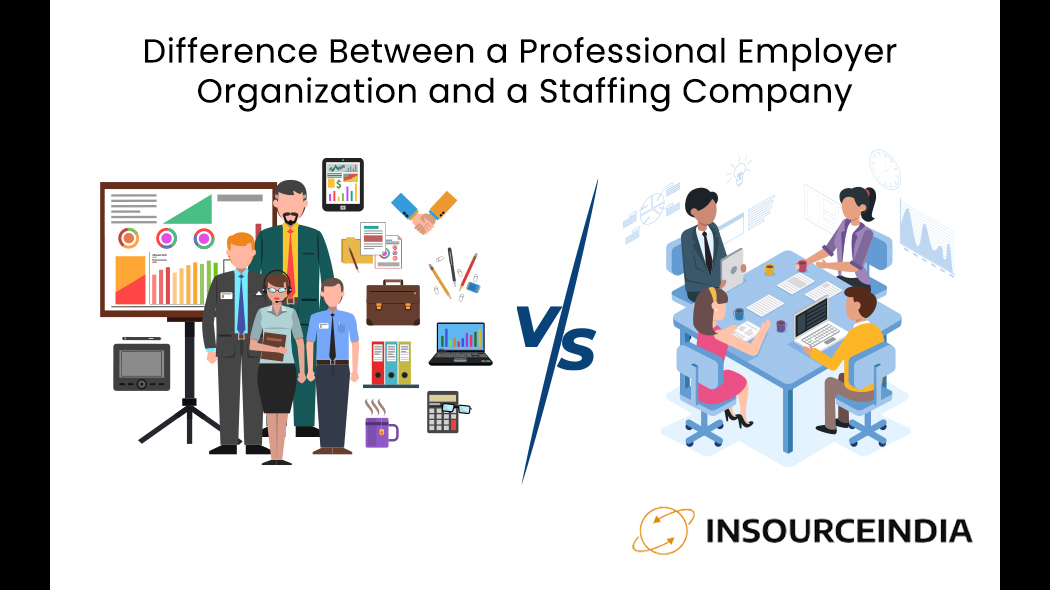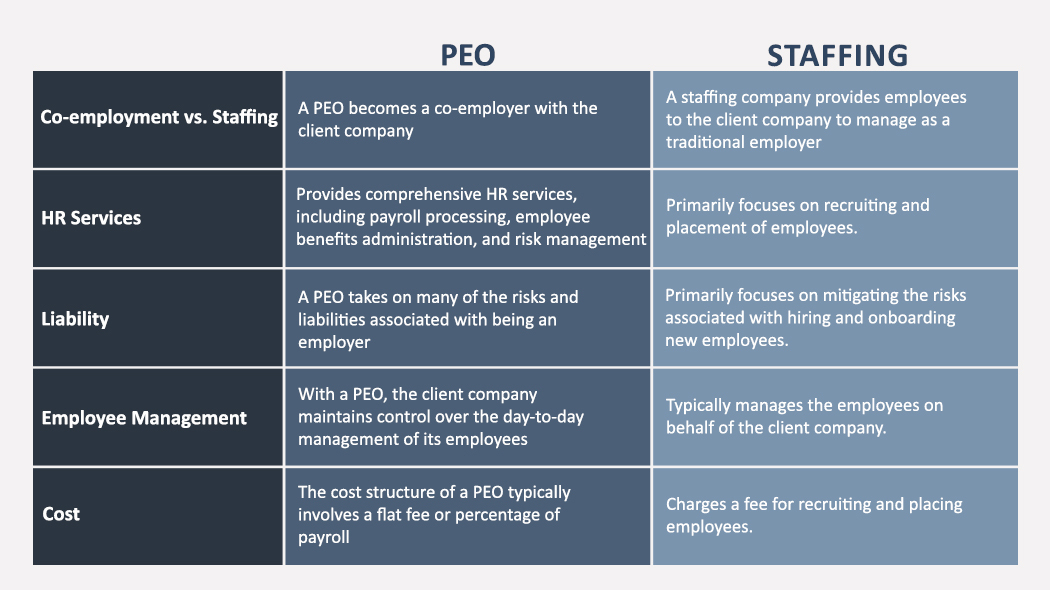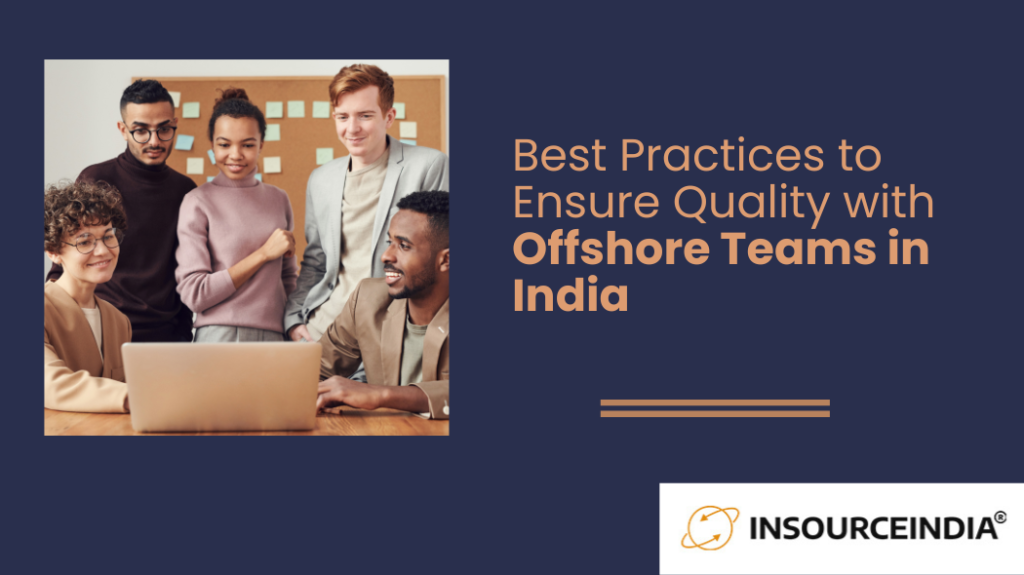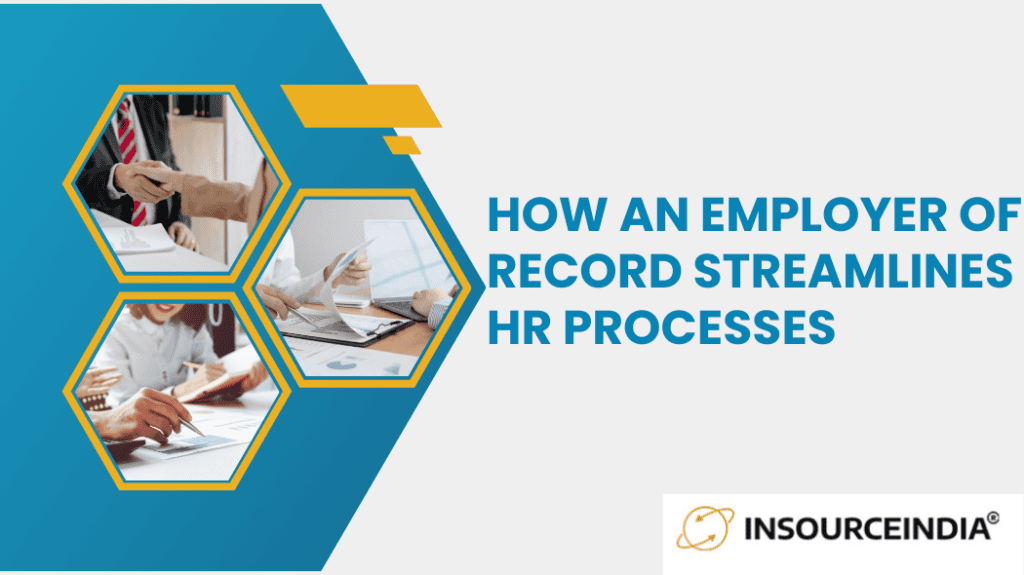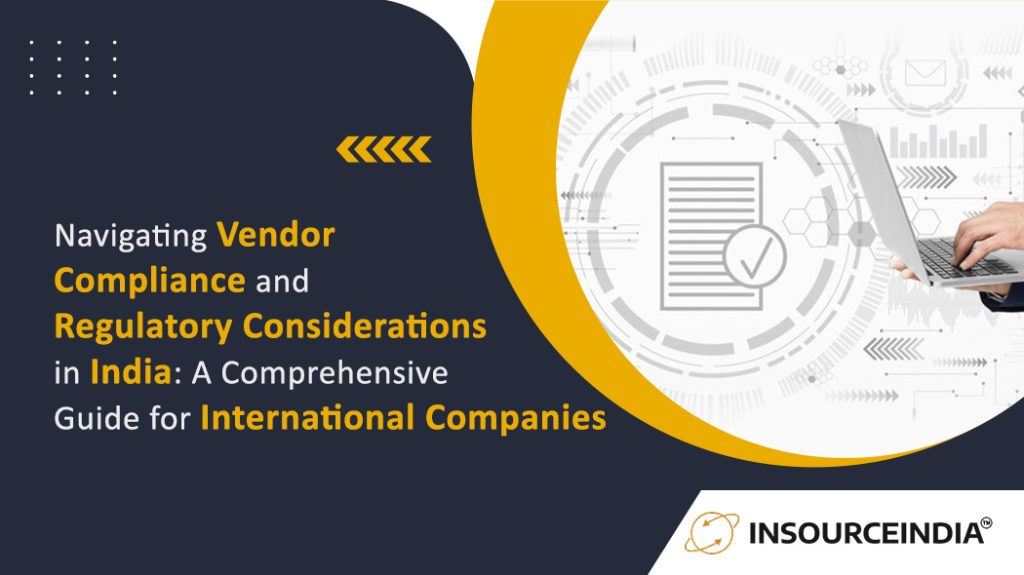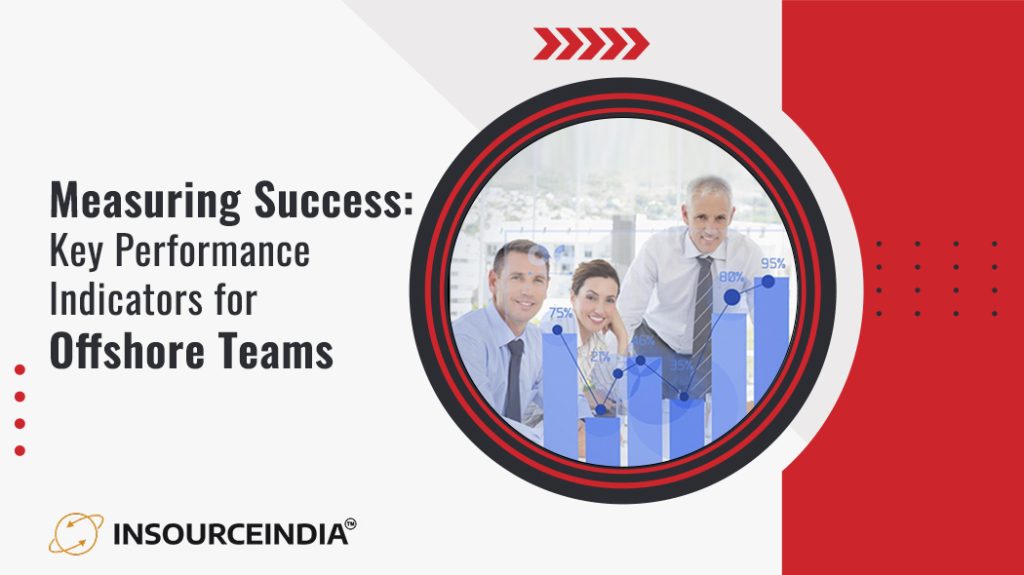When it comes to managing the human resources needs of a company, there are two primary options to consider: a professional employer organization (PEO) and a staffing company. While both of these solutions can be beneficial for businesses looking to streamline their HR processes and reduce costs, there are significant differences between the two that are important to understand.
What is a Professional Employer Organization (PEO)?
A professional employer organization (PEO) is a company that provides comprehensive HR services to other businesses. Essentially, a PEO becomes a co-employer with the client company, taking on responsibility for many of the HR tasks and liabilities associated with being an employer.
When a business partners with a PEO, the PEO handles tasks like payroll processing, employee benefits administration, and risk management. The client company remains responsible for day-to-day operations and management of its employees, but the PEO takes on many of the administrative burdens and risks associated with being an employer.
What is a Staffing Company?
A staffing company, on the other hand, is a business that provides temporary or permanent employees to other companies. Staffing companies maintain a pool of job candidates with various skills and experience levels and work with client companies to fill positions on a temporary or permanent basis.
When a business partners with a staffing company, the staffing company is responsible for recruiting, screening, and placing job candidates with the client company. The client company remains responsible for managing the employees’ day-to-day work, but the staffing company takes on many of the HR tasks associated with hiring and onboarding new employees.
Key Differences Between a PEO and a Staffing Company
There are several key differences between a PEO and a staffing company that are important to consider when deciding which solution is right for your business:
Co-employment vs. staffing: A PEO becomes a co-employer with the client company, while a staffing company provides employees to the client company to manage as a traditional employer.
HR services: A PEO provides comprehensive HR services, including payroll processing, employee benefits administration, and risk management. A staffing company primarily focuses on recruiting and placement of employees.
Liability: A PEO takes on many of the risks and liabilities associated with being an employer, while a staffing company primarily focuses on mitigating the risks associated with hiring and onboarding new employees.
Employee management: With a PEO, the client company maintains control over the day-to-day management of its employees, while a staffing company typically manages the employees on behalf of the client company.
Cost: The cost structure of a PEO typically involves a flat fee or percentage of payroll, while a staffing company charges a fee for recruiting and placing employees.
Which Solution is Right for Your Business?
Ultimately, the decision between a PEO and a staffing company depends on your business’s unique needs and priorities. If you are looking for a comprehensive HR solution that can help streamline your processes and reduce costs, a PEO may be the right choice. If you need temporary or permanent employees to fill specific roles and want to offload the recruitment and onboarding processes, a staffing company may be the better option.
In either case, it is important to do your research and choose a reputable provider that can offer the level of service and support your business needs. By taking the time to carefully evaluate your options, you can make an informed decision that will help you achieve your HR goals and support the growth and success of your business.
